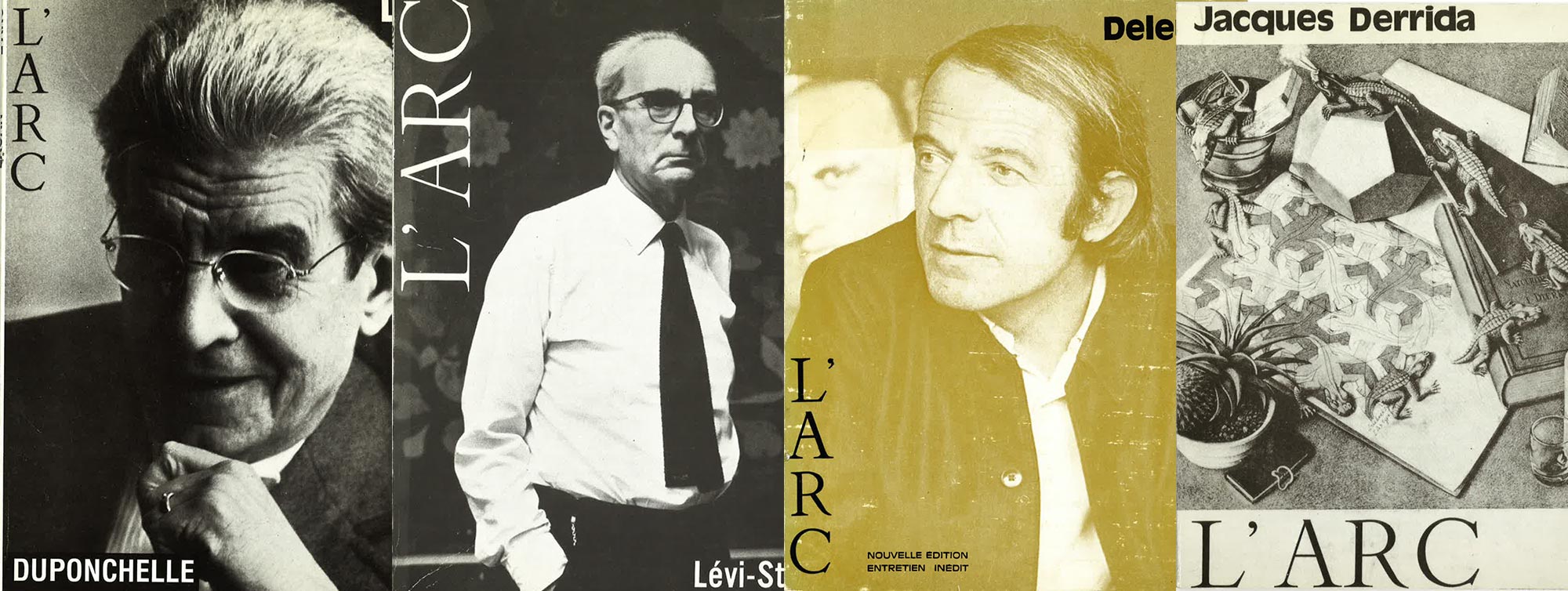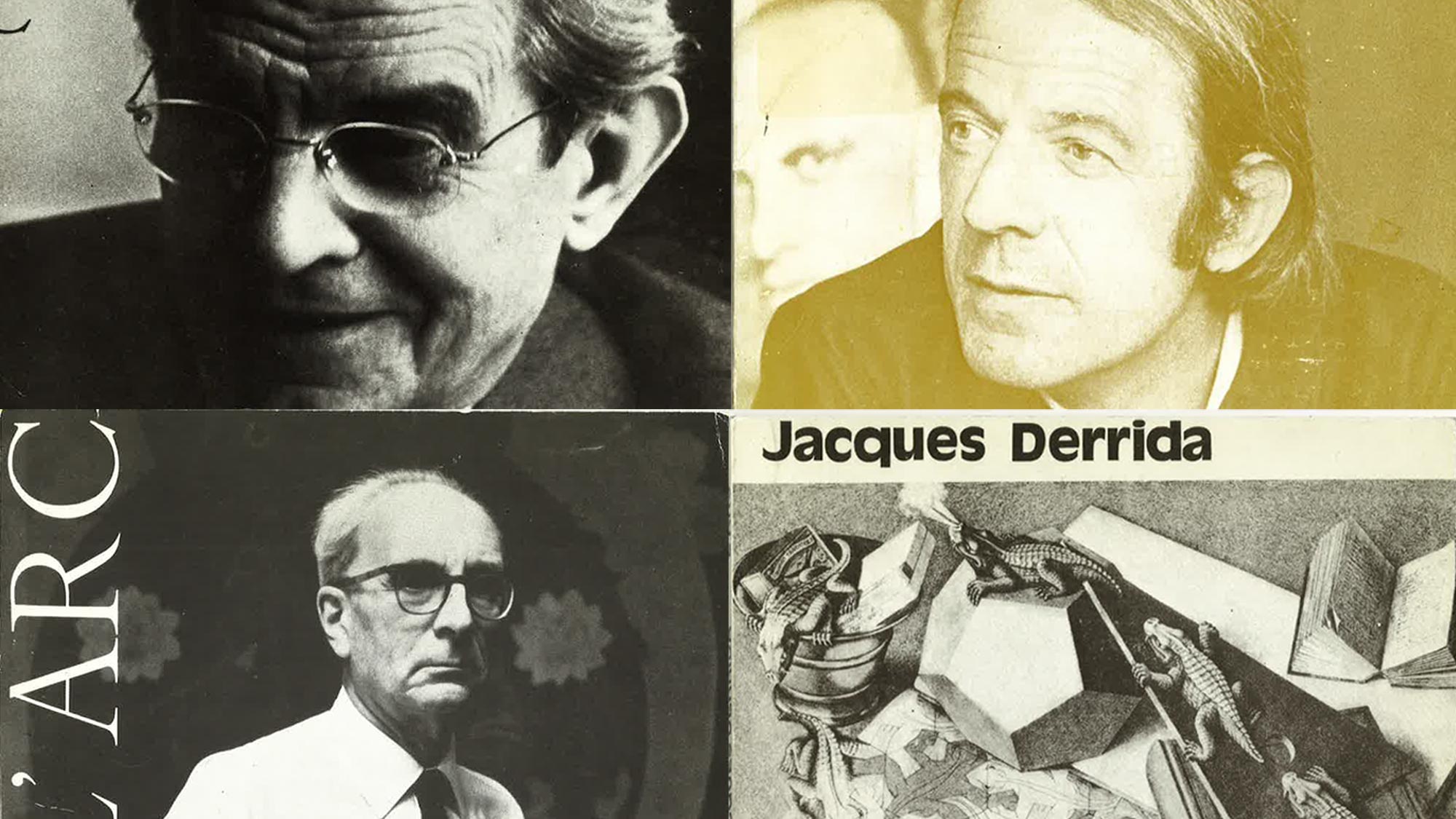Structure: A Counterhistory of Twentieth-Century French Philosophy
Eleanor Kaufman
Comparative Literature
UC Los Angeles
This book length study seeks to examine a nodal point in twentieth-century French philosophy, namely the late 1960s moment generally considered the turning point or break between “structuralism” and “poststructuralism.” It argues that the narrative of the break obscures an important but now occluded ontological thought of structure developed in the 1950s and 1960s semi-independently by Claude Lévi-Strauss, along with so-called poststructuralists Jacques Lacan and Gilles Deleuze. It draws on Medieval logical debates from the thirteenth and fourteenth centuries to elaborate three distinct yet interrelated ontological dimensions of structure: one term of the structure that in fact encompasses both sides of a seeming binary; an empty term that serves as motor force for the whole structure; and the idea that a structure reaches a point of weakening or vanishing. The project imagines how continued development of this structural-ontological framework might have reshaped poststructuralism and bolstered it against neoliberal appropriation, and also outlines the factors that likely caused the abrupt demise and occlusion of the framework, in particular the powerful public critique of Jacques Derrida and the equally powerful private one of Louis Althusser.


